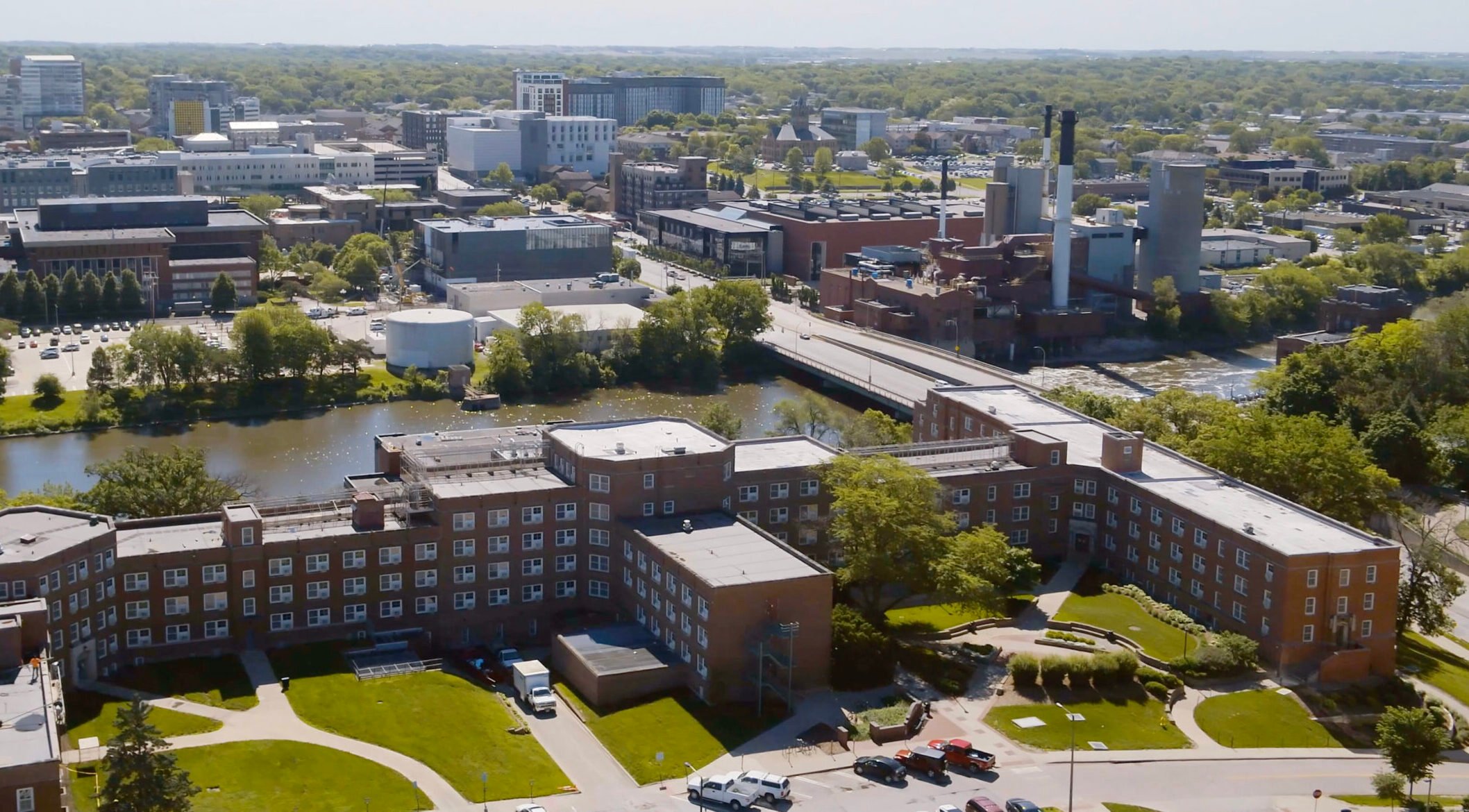When our lives moved online last March, many of us were able to shift quickly to this new remote landscape. Others were left behind, discovering firsthand the limitations of insufficient, underfunded broadband internet services.
The current patchwork approach to broadband has allowed internet service providers (ISP) to determine whether or not it is profitable to extend services to outlying rural communities, aging urban neighborhoods, or low-income neighborhoods rather than taking a wholistic approach ensuring all Iowans have sufficient broadband. Work, school, government services, health care and mental health services are out of reach for those with insufficient broadband, leaving too many Iowans stranded.
This is not only an equity issue. Just like roads and bridges were once considered foundational infrastructure in our community, we now need to focus on broadband to get us where we need to go. Communities and states that are vying for business and workforce recruitment will start seeing the consequences of inadequate investment in internet infrastructure. The large employers and technology start-ups we recruit to invest and grow in our community will look at broadband speeds and access as a deciding factor.
There are several opportunities for improvement in Iowa’s broadband infrastructure including inadequate speeds, access to broadband, data caps and funding shortfall.
With today’s needs for uploading documents for online learning, business needs and virtual training and communication, the upload speeds are just as important as download speeds. Iowa legislators should join consumer advocacy groups and urge the FCC to adopt a new definition of broadband of 100/100 Mbps.
Many rural and low-income Iowans are left with insufficient broadband access due to inaccurate census block data and antiquated copper infrastructure. Instead of relying on internet service providers to show who has broadband access, there should be an independent group working with providers to ensure accuracy.
Many wireless companies and internet service providers have data caps on their plans and charge for exceeding those caps. It is easy for households to quickly consume their data allowance as our current lifestyles cause high amounts of data use. Iowa legislators should mandate that internet service providers remove data caps, so households no longer have to face costly overages. Instead, ISPs should charge consumers based solely on the speed of their internet plan.
While there has been great progress in broadband expansion funding, Iowa still lags neighboring states for broadband expansion. The current amount Iowa has earmarked for the upcoming budget year is $4.95 million, with a 65% match from the provider. Due to the costly supplies and labor that go into developing fiber networks, that figure would realistically only provide broadband for a few communities. Industry experts have estimated providing 100/100 Mbps broadband to all Iowans could exceed $1 billion.
Policymakers can look to surrounding states for examples of what it takes to be a leader in broadband. At the rate Iowa is funding broadband projects, it will take decades just to get to basic internet speeds. By seriously and aggressively investing in broadband infrastructure, Iowa will be investing in the future of the state and it will pay back dividends for our citizens and our businesses.
We appreciate the Iowa Legislature’s and the Governor’s recent investment in broadband expansion. But broadband expansion will come with a large price tag, and Iowans cannot afford to be left behind. As the 2021 legislative session nears, we are asking our elected officials to continue to work together to strengthen broadband in every corner of our state, both rural and urban. By working with the industry experts to collect accurate data as well as develop and fund long-term strategic and comprehensive policy, we can ensure the people and businesses in Iowa thrive.
Kim Casko is president and CEO of the Iowa City Business Partnership. Kate Moreland is president of the Iowa City Area Development Group. Doug Neumann is executive director of the Cedar Rapids Metro Economic Alliance.





